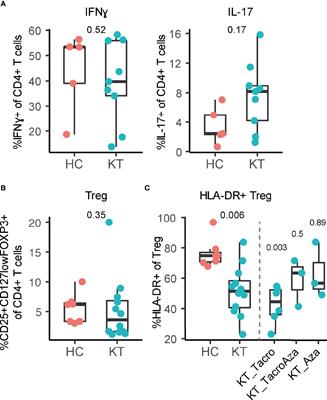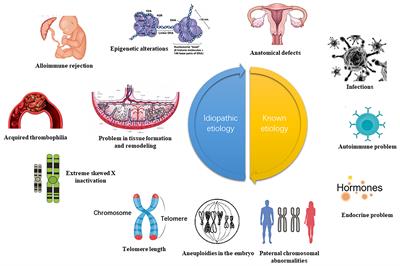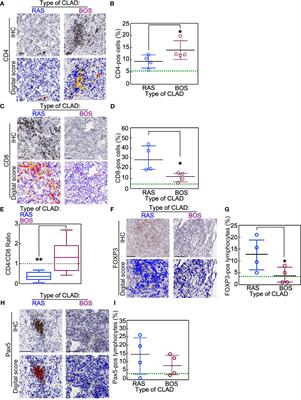ORIGINAL RESEARCH
Published on 28 Oct 2021
Maternal, Decidual, and Neonatal Lymphocyte Composition Is Affected in Pregnant Kidney Transplant Recipients

doi 10.3389/fimmu.2021.735564
- 2,162 views
- 5 citations
68k
Total downloads
200k
Total views and downloads
ORIGINAL RESEARCH
Published on 28 Oct 2021

REVIEW
Published on 21 Oct 2021

ORIGINAL RESEARCH
Published on 17 Sep 2021

REVIEW
Published on 09 Sep 2021

ORIGINAL RESEARCH
Published on 03 Sep 2021

ORIGINAL RESEARCH
Published on 19 Aug 2021

ORIGINAL RESEARCH
Published on 17 Aug 2021

ORIGINAL RESEARCH
Published on 13 Aug 2021

ORIGINAL RESEARCH
Published on 05 Aug 2021

REVIEW
Published on 03 Aug 2021

ORIGINAL RESEARCH
Published on 30 Jul 2021

REVIEW
Published on 08 Jul 2021